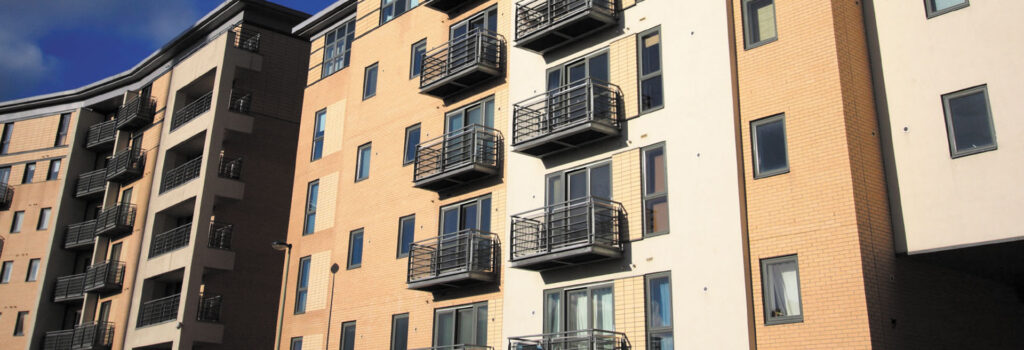From 1st October 2019 a new statutory instrument will introduce a VAT reverse charge on certain building and construction services. This will affect the double glazing industry, as many manufacturers acting as sub-contractors manufacture and supply windows, doors and curtain walling to main contractors.
As the gov.uk Government website states “The introduction of a reverse charge does not change the liability of the supply of the specified services. What does change is the way in which the VAT on those supplies is accounted for. Rather than the supplier charging and accounting for the VAT, the recipient of those supplies accounts for the VAT. The statutory instrument will come into effect on 1 October 2019 and will apply to supplies of specified services from that date. This includes the goods supplied with those services.”
This is an anti-fraud measure which removes the opportunity for fraudsters (or indeed failing businesses) to charge VAT and then go missing, before paying it over to the VAT man.
How will this affect UK businesses and organisations?
Well according the the gov.uk website, “The reverse charge will help level the playing field for businesses by ensuring that VAT fraud is removed from supply chains. This measure will impact on up to 150,000 businesses in the construction and building sector. The impact on business administrative burdens is expected to be significant because of the numbers impacted. However, as a result of the technical consultation, the legislation has been simplified to make the reverse charge only apply where the payment for the supply needs to be reported for CIS purposes. This will automatically remove many end users from its scope without the need for further consideration.”
The bottom like for small businesses and SME’s is primarily in respect of loss of cash flow where VAT is no longer charged. This is because some businesses use the VAT they collect from clients as working capital before they pay it to HMRC.
HMRC says that “Support, including guidance, will be available for all businesses who could be affected by the reverse charge during the lead in period. Once the reverse charge comes into effect, HMRC will also operate a light touch on genuine mistakes and penalties for a 6 month period.”
It is more red tape for UK double glazing businesses already operating in uncertain market conditions due to the genuine unknown outcomes of the Brexit debate. To find out more about this subject, visit www.gov.uk

